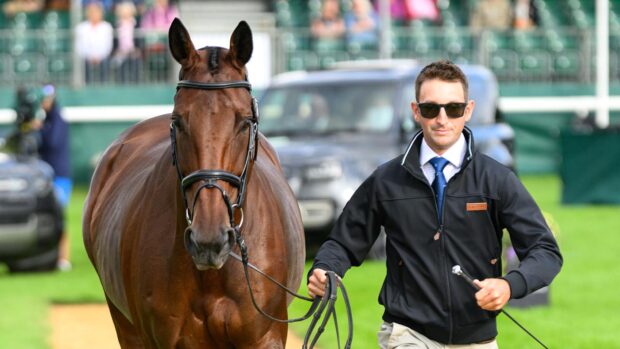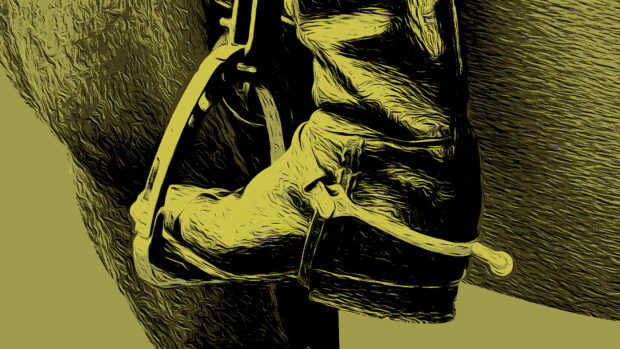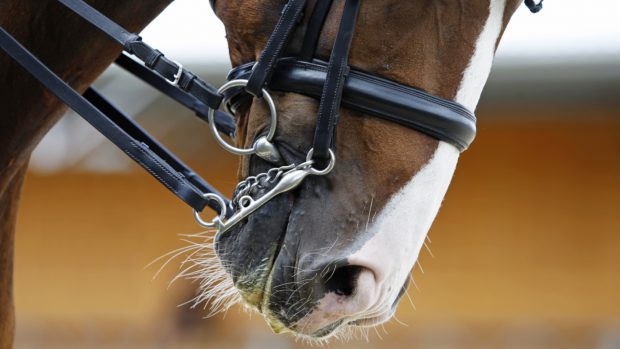A protocol for how to deal with a concussed athlete is the aim of an international concussion conference taking place later this year.
The FEI is joining a number of other top international sports organisations — including World Rugby, the International Olympic Committee and FIFA — at the Fifth International Consensus Conference on Concussion in Sport.
It will feature a summary of new evidence-based research before experts attempt to come up with a protocol document for the care of injured athletes.
Research — covering all aspects of concussion from definition, management, investigations, treatment, return-to-play protocol and prevention — will be discussed.
Abstracts are still being accepted for the event in Berlin on 27-28 October.
An expert panel, including FEI medical committee member Allen Sills, will review the findings.
They will then work together to create the protocol for physicians and healthcare professionals involved in the care of injured athletes at recreational, elite or professional level.
The conference, which was first held in 2001, has become a leading forum for concussion awareness and prevention.
It led to the publication of the first Sport Concussion Assessment Tool (SCAT) in 2005, which is still used by sports leagues and federations.
The last conference was held in Zurich in 2012, when members further developed and adjusted SCAT to better fit requirements for both pro-athletes and children.
A pocket concussion recognition tool — a leaflet listing the key symptoms, “red flags” and what action to take — has also been created for parents and coaches to help recognise the condition.
Related articles:
- Genetics could influence concussion recovery time
- ‘from denial to panic’: long-term effects of concussion explored
- Simple reading test could help detect concussion
Why is this relevant?
Concussion is the most common type of all head injuries and there has been a flurry of research into the condition.
A conference focusing specifically on concussion in women was also held in the US earlier this year.
H&H has reported on a number of recent scientific findings, from advances in testing to whether women are more at risk and an extensive research project into whether repeated head trauma can lead to neurological problems later in life.
See Horse & Hound, out Thursday, 21 April, for more information.





